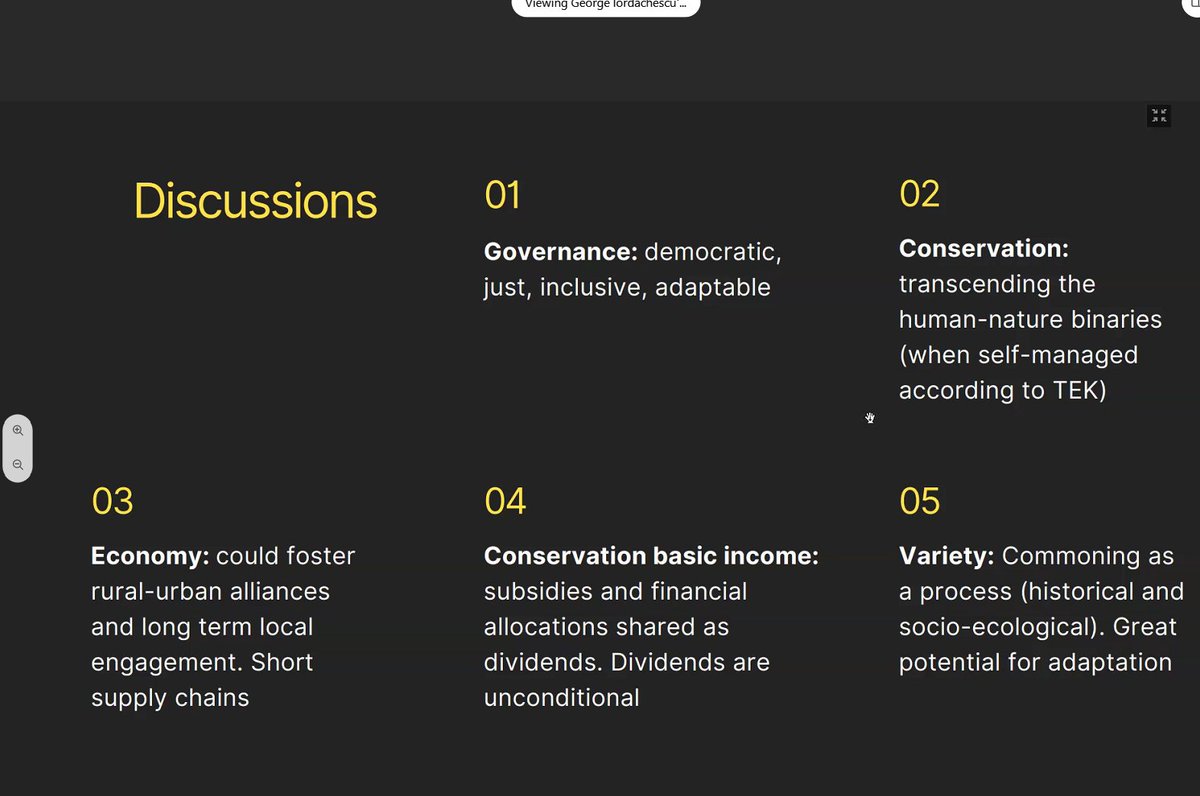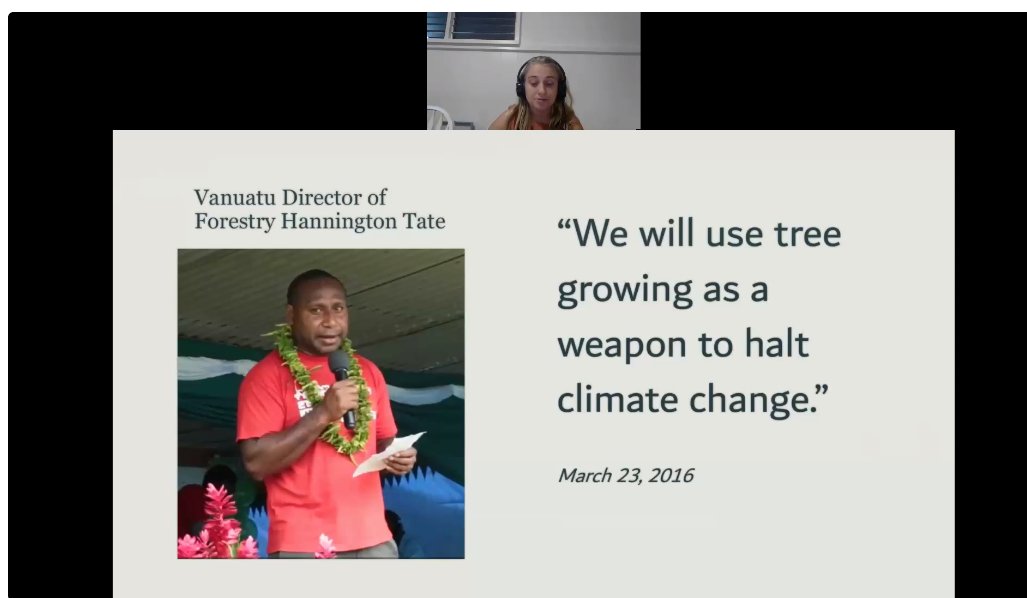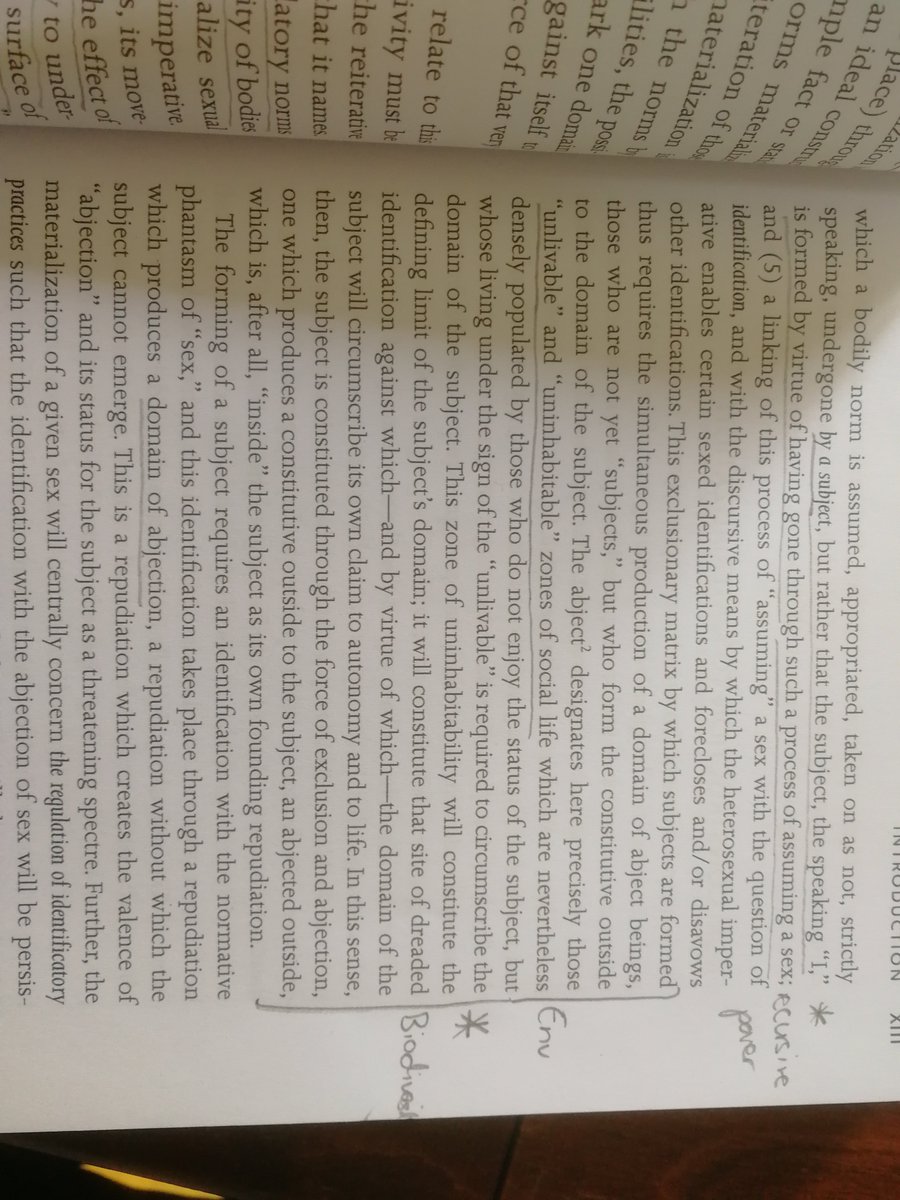Fascinating stuff from Dr. Debojyoti Das
Memory, history and place; the Puthi and Dalit literature of the #Sundarbans
@PolEcoNet #pollen20 @stepscentre



Memory, history and place; the Puthi and Dalit literature of the #Sundarbans
@PolEcoNet #pollen20 @stepscentre




"The puthi literature, for example, Bonobibi Jawaharnama and Manasa Mangal attend to the concept of biocentrism and ecological egalinitarism where humans are seen as part of nature not as a dominant or superior agent."
"Modern environmentalism can gain considerably from the wisdom embedded in puthi literature and vernacular postmodern dalit literature that talk about human behavior regulated by the moral "ethics of care" and “rights for nature”."
• • •
Missing some Tweet in this thread? You can try to
force a refresh




















